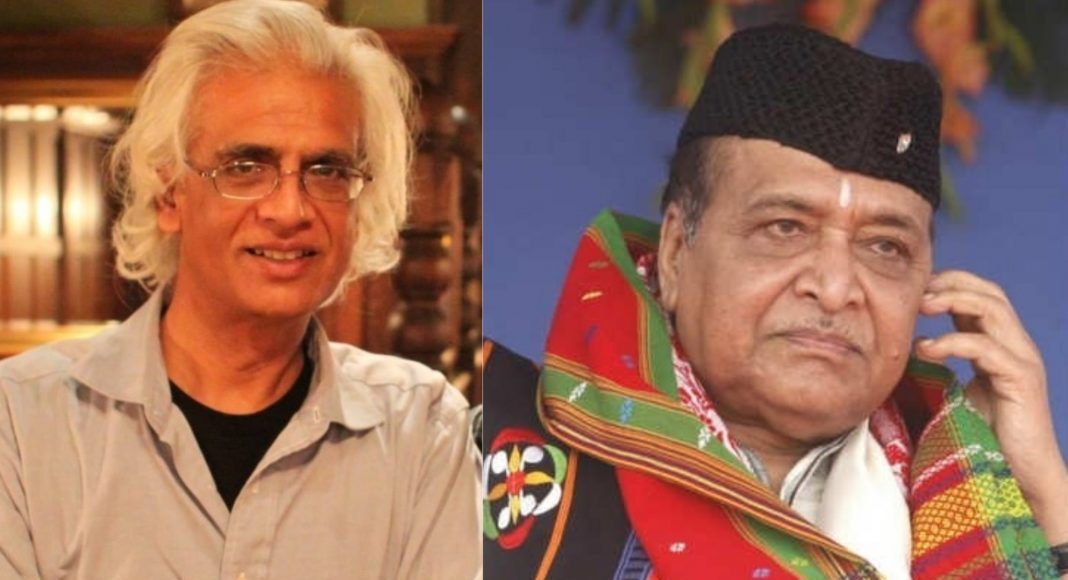
In Episode 47 of the CounterVortex podcast, Bill Weinberg speaks with Punnag Tej Hazarika of the Brooklyn-based small-press imprint Coolgrove and affiliated BorderTalk blog, which explores questions of cultural intersection. Among Coolgrove’s recent titles is Winged Horse: 76 Assamese Songs, a collection of translated lyrics by Tej’s father, Bhupen Hazarika, the “Bard of Brahmaputra,” who campaigned through his music for a dignified place in India for the peoples of Assam and other minority ethnicities. Last year, Tej traveled to New Delhi to receive the Bharat Ratna, India’s highest civilian award, on behalf of his late father. But the honor came with India—and especially Assam and the restive Northeast—on the cusp of exploding into protest over the controversial Citizenship Amendment Act. The politics of the situation, and the dilemmas of interculturality from Assam to New York, are discussed in a wide-ranging interview. Listen on SoundCloud, and support our podcast via Patreon.
Music: Xomoyor Agrogoti (Winged Horse of Time) by Bhupen Hazarika
Excerpt: Motherland Assam by Cosmic Horizon (contemporary protest song with xenophobic overtones)
Production by Chris Rywalt
We ask listeners to donate just $1 per episode via Patreon. A total of $30 per episode would cover our costs for engineering and producing. We are currently up to $25.
Photo via Time 8, Guwahati





Podcast errata
The philosopher and statesman Sarvepalli Radhakrishnan served as president of India (1962-7), not prime minister.
The Siliguri Corridor, the “chicken’s neck” separating India’s Northeast from the rest of the country, is some 20 kilometers (not miles) wide, and lies between Bangladesh and Nepal. Neither the Ganges nor Brahmaputra rivers run through it. The Brahmaputra runs through a significantly wider corridor between Bangladesh and Bhutan, to the east, before turning south into Bangladeshi territory, where it joins with the Ganges.